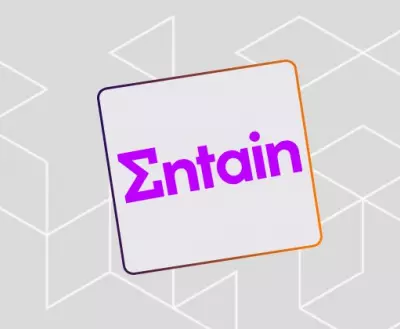The legislation and regulation around online gambling seems perennially in a state of flux. A good vote winner in some quarters, balanced with the generous revenues casinos and sports betting operators contribute to government coffers, means there are often push and pull factors operating simultaneously, leading to regulation that can and does veer from one end of the banned-liberal continuum to another.
This can be seen in the UK market, which has grown to become a model of a mature gambling market in recent years. But with some elements of the media ramping up the rhetoric on gambling providers, sponsorship and even imagined risks to child gamblers, there is clearly some appetite for a more restrictive approach.
Today, it’s the turn of regulators in the Netherlands to lay out proposals that would limit the freedoms of gambling operators. As part of negotiations to form a new coalition government following elections earlier this year, proposals are afoot that would require gambling site operates to maintain a physical presence in the Netherlands in order to operate there.
Initially, there are questions to be asked about EU rules, which would prohibit this type of policy from being implemented. But given the sketchy details available at present, there is very little policy outline to go on.
The proposals stem from a brief, but pointed, reference within the coalition agreement papers, drafted to outline the result of negotiations between the four parties poised to form the next Netherlands government.
The single line in the paper that addresses gambling refers to the need for operators to maintain ‘some kind’ of physical presence within the Netherlands in future, which could mean a variety of things in practice. The requirements could range from operators popping up a branch office in the country, through to future licenses being restricted only to land-based gambling operators in the Netherlands, although there is obviously limited meat on the bones at this stage.
While admittedly it is unlikely that licenses will only be restricted to Dutch operators, there is still the potential for a changing situation when the Remote Gambling Bill resumes its progress towards the statute books.
This has been seen as an attempt to appease voices from the CDA, the party which initially had reservations about the Gambling Bill, and which currently holds the second largest share of seats in the country’s senate.
It remains to be seen how, if at all, these measures will translate into law. There is of course the European dimension to consider. The European Commission previously slapped down Poland when it attempted similar requirements from domestic gambling operators, and it seems unlikely that the EC would give the Netherlands a free pass on the same issue, for obvious competition reasons.
The position in the Netherlands is in a state of flux for the time being, and the country maintains online gambling laws in a kind of limbo/grey area. At the most optimistic, it will be the second half of next year before the Netherlands is in a position to issue online gambling licenses, and there is no telling at this stage what shape or form the licensing, and associated regulations will take.
Naturally, this will continue to prove a headache for Dutch operators, and for others looking to operate within the Netherlands market. With multiple dimensions still to play out, and the ever present threat of a swing back to much more restrictive provisions, it’s just another issue gambling operators will need to watch closely if they want to effectively plan for the future.








